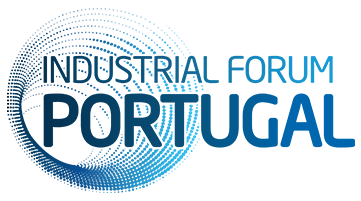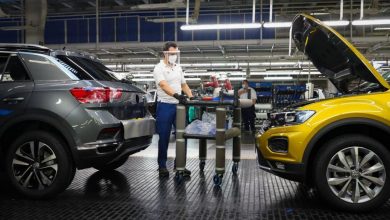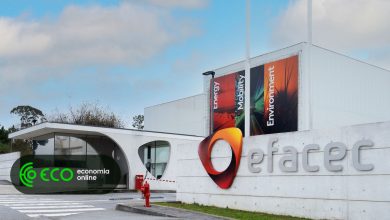
Jaguar to cut I-Pace output on battery shortage
JLR did not name the supplier. It also did not say when the production pause would start.
The battery supplier is LG Chem, a source familiar with the matter told Automotive News Europe. The supply problem was not connected to the coronavirus outbreak in China, the source said.
The I-Pace uses battery cells produced at LG Chem’s plant in Wroclaw, Poland, one of the few large-scale battery cell producers in Europe. The factory opened in 2018.
Global sales of the I-Pace were 17,355 last year, the car’s first year on sale, according to company figures. The car was the brand’s fourth best-seller after the F-Pace and E-Pace SUVs, and the XE midsize sedan.
LG Chem was asked for a comment on the supply shortage.
LG Chem’s plant in Wroclaw will also supply battery cells for the Ford Mustang Mach E electric SUV that goes on sale later this year. The Mach E will use the same cells as the upcoming electric Ford Transit, a move that Ford says will help control the high costs of battery production.
Audi, Mercedes EVs
Battery shortages have also hit other automakers.
In January Audi cut production hours at its Belgium plant after battery supply issues from LG Chem in Poland restricted the number of e-tron electric SUVs it could build, Belgian paper L’Echo reported.
Audi will build 4,100 e-trons this year instead of the planned 5,700, the paper said. The e-tron is a rival to the I-Pace.
Mercedes-Benz has denied a German media report that said it plans to cut planned production of the EQC electric SUV, another I-Pace rival, to 30,000 this year from 60,000. The report in Manager Magazin said the problem partly stemmed from limited battery supplies from LG Chem.
Font: Automotive News Europe





